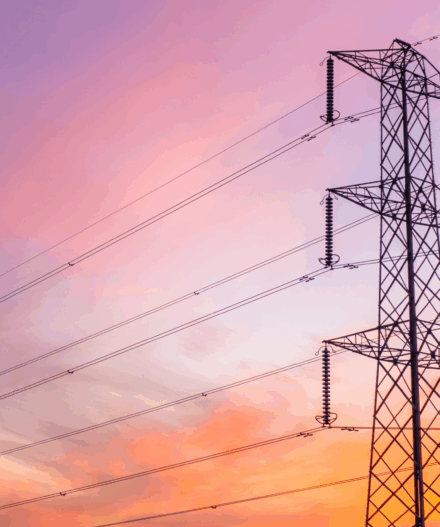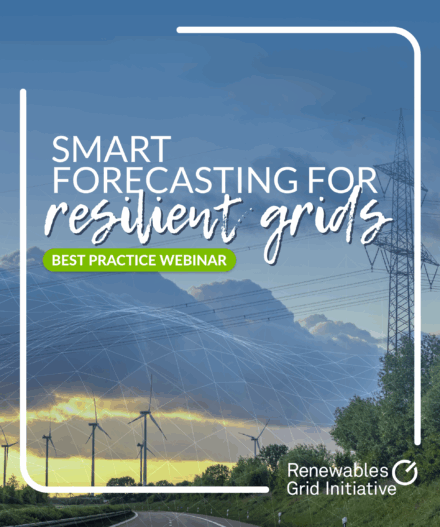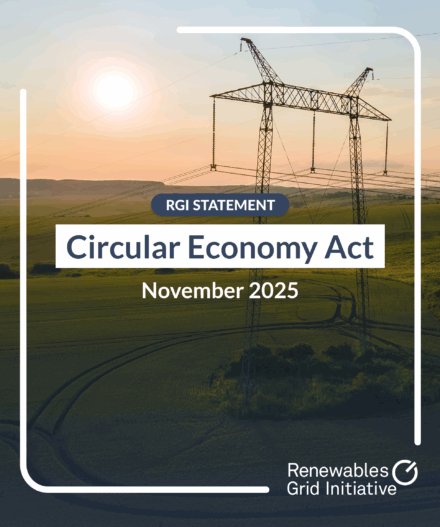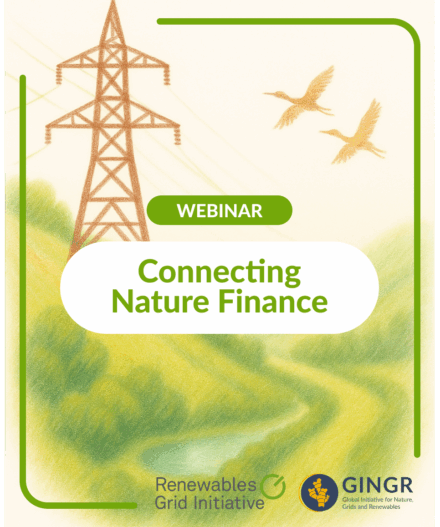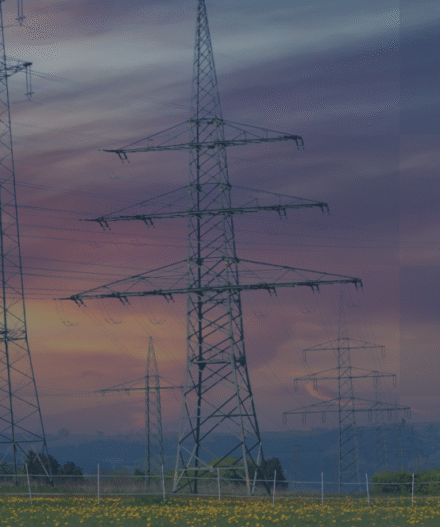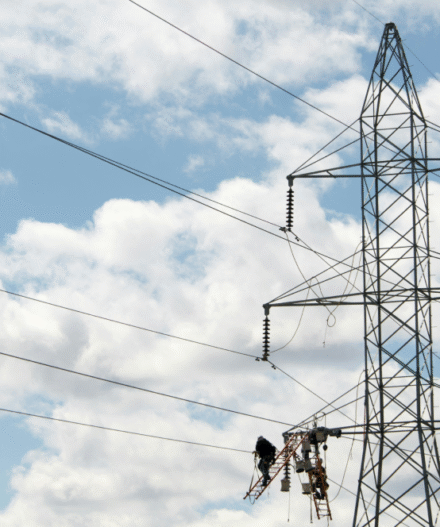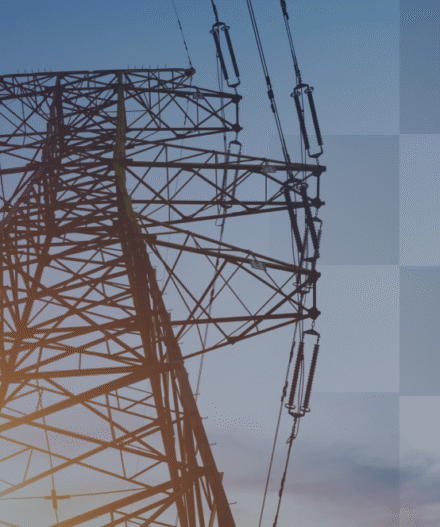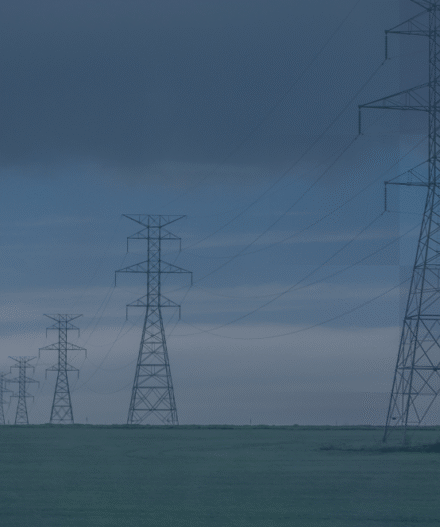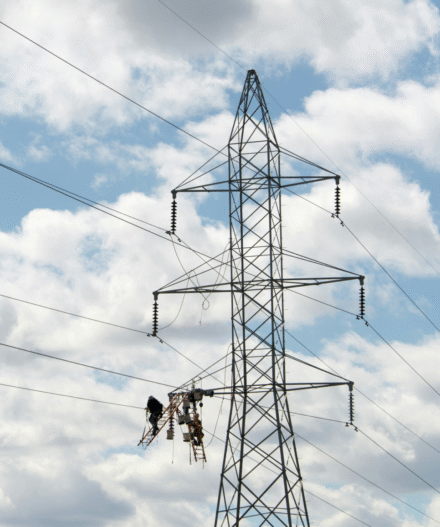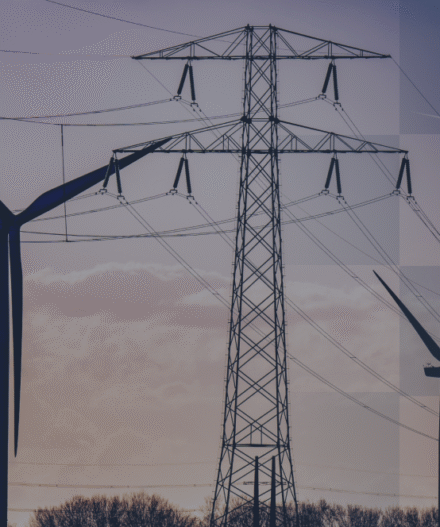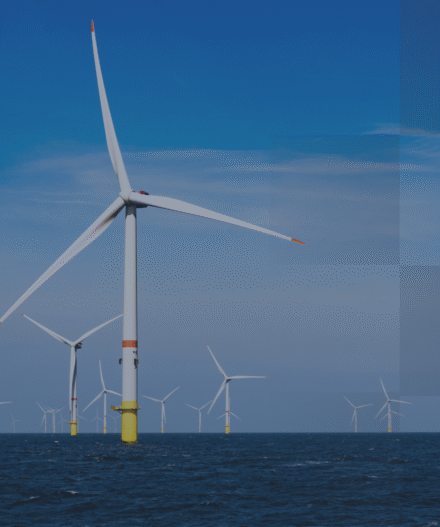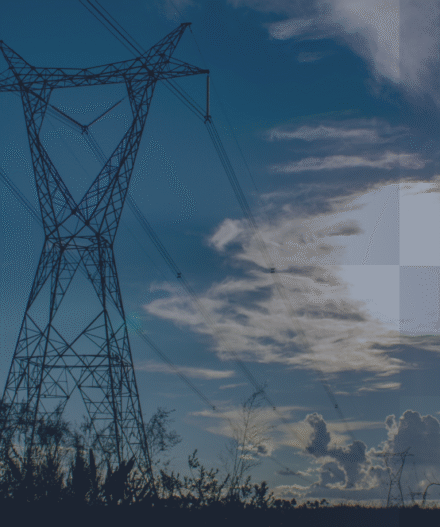The third and final session of Connecting Energies 2024 brought things closer to home as we explored the role of modern electricity meters, focusing on the increasing adoption of smart meters and the benefits they provided for both consumers and grid operators.
Introduction
Smart meters enabled real-time tracking of electricity use, giving consumers greater control over their energy consumption while providing grid operators with the data needed to manage demand more effectively.
This session also examined how electricity pricing was structured, discussing the various factors—such as consumption, time-of-use (TOU), and dynamic pricing models—that influenced costs for consumers. These models were shaped by demand patterns, generation costs, and grid conditions, all of which affected the final bill. Additionally, we explored emerging trends in electricity metering and pricing, including the increasing role of dynamic and real-time pricing, and how these changes impacted consumers in the shift toward a more decentralised and renewable-based grid.
Event Speakers

Bram Claeys
Senior Advisor | Regulatory Assistance Project (RAP)

Sofia Nicolai
Research Associate | Florence School of Regulation (FSR)

Eston McKeague
Moderator
Manager – Communication, RGI
Workshop Presentations
Session Recording
Media Partner

OSGP Alliance
Connecting Energies 2024
The Renewables Grid Initiative invited participants to Connecting Energies 2024, an expert-led training series designed to equip civil society with the knowledge needed to advocate for a decarbonised, renewables-based, and affordable energy system.
This three-part webinar series covered fundamental aspects of the electricity system, including grid technologies, load balancing, flexibility, and electricity metering and pricing. Participants gained key insights into how grid infrastructure, technologies, and market mechanisms evolved to support the energy transition.
Each session focused on practical concepts that NGOs could leverage in their advocacy efforts to drive faster renewable energy adoption and to support grid development and expansion. Whether participants were new to energy systems or looking to deepen their understanding, this training provided essential knowledge to support the shift to a net-zero future.
Learn more below!
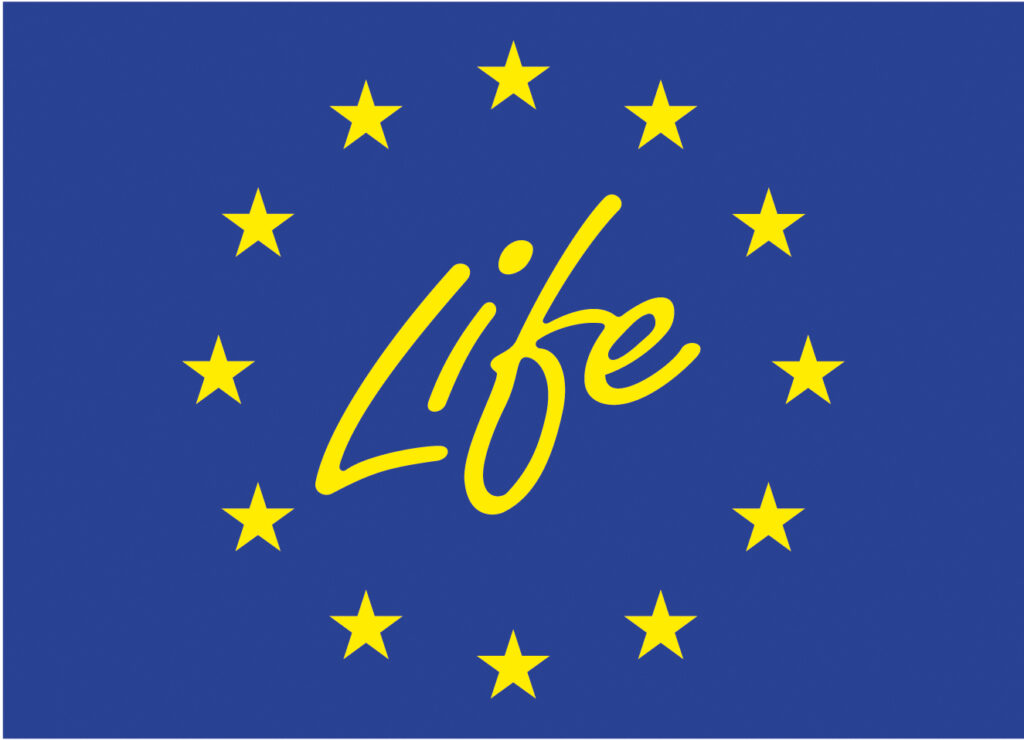
Funded by the European Union. Views and opinions expressed are however those of the author only and do not necessarily reflect those of the EU or LIFE Programme. Neither the EU nor the granting authority can be held responsible for them.
contact
Eston McKeague
eston[at]renewables-grid.euManager – Communication

Dr. Andrzej Ceglarz
andrzej[at]renewables-grid.euDirector – Energy Systems





